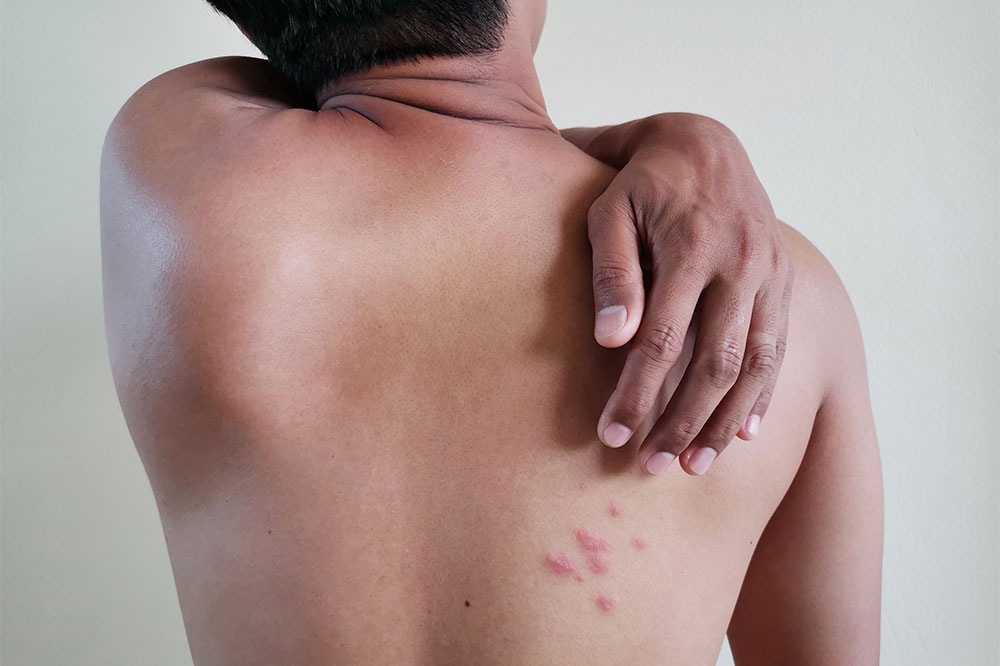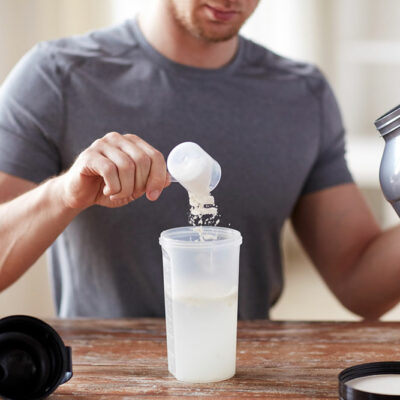
Shingles – Treatment options and preventive measures
Shingles or herpes zoster, triggered by a virus called varicella-zoster responsible for chickenpox, is a type of skin infection that causes rashes and painful blisters. After an individual has had chickenpox, the virus remains dormant in their system. It can become active again, leading to shingles. Although the condition is not curable, timely diagnosis and treatment can help alleviate the symptoms.
Treatment options for shingles
Antiviral medicines for shingles
Antiviral medications like Acyclovir can help control the rashes. However, it is essential to visit the doctor within 72 hours of the onset of the first symptoms.
Shingles medicine for pain
Painkillers and anti-inflammatory medications work in reducing the pain caused by the illness.
Ways to care for shingles at home
- The treatment for shingles can last anywhere between two and six weeks. The affected areas need to be cleaned and dried regularly. This is because sweat and moisture can exacerbate the symptoms.
- Taking cold showers or bathing with lukewarm water can help soothe the pain and itching caused by the rashes and blisters. Avoid bathing in hot water, as it can irritate the skin and cause dryness. That said, bathing in icy water is also not recommended.
- A few other home remedies to manage shingles include taking an oatmeal bath for around 15 minutes. One can also use a moist towel to alleviate the pain caused by rashes and blisters. However, it is vital to wipe the area clean.
- Calamine lotions help dry out the blisters and reduce the chances of the rash spreading.
- Manuka honey, known for reducing symptoms caused by viral infections, can also be used as a topical medication.
- Essential oils like geranium, tea tree, lavender, and lemongrass oils effectively reduce itching and pain. It is necessary to dilute these oils with another carrier oil, such as coconut oil, or water.
Prevention of shingles
Shingles can be prevented. Vaccines called Zostavax and Shingrix should be administered to individuals as a preventive measure. Both vaccines help in preventing severe symptoms and complications caused by shingles. One shot of either vaccine and proper hygiene can reduce the risk of shingles by half. That said, the CDC asserts that Shingrix should be the preferred vaccine. Even if one has been administered the Zostavax vaccine in the past, they should get the Shingrix vaccine.


